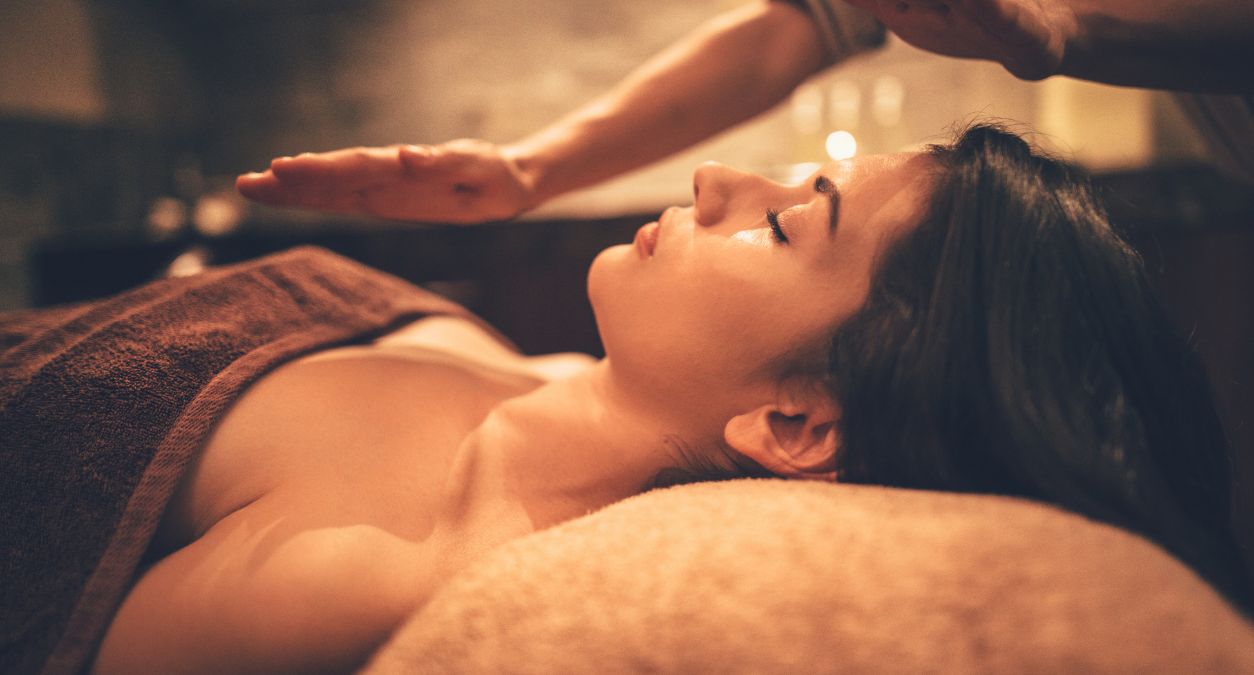When operating any form of business, it is important to recognise the requirements around licensing. And if you are offering any form of holistic treatments such as reiki, massage or reflexology, there is a chance you may require a therapy licence.
However, it’s not a straightforward answer. Not everyone will require a licence to practice their chosen therapy. The necessity will depend on your location and treatments offered, with business licensing matters handled by local authorities.
That’s why your local council is always the best place to find out if you need a licence to practice.
Special Treatments Premises Licence
Get Therapist Insurance from Protectivity
*Disclaimer – This blog has been created as general information and should not be taken as advice. Make sure you have the correct level of insurance for your requirements and always review policy documentation. Information is factually accurate at the time of publishing but may have become out of date.
Last updated by






